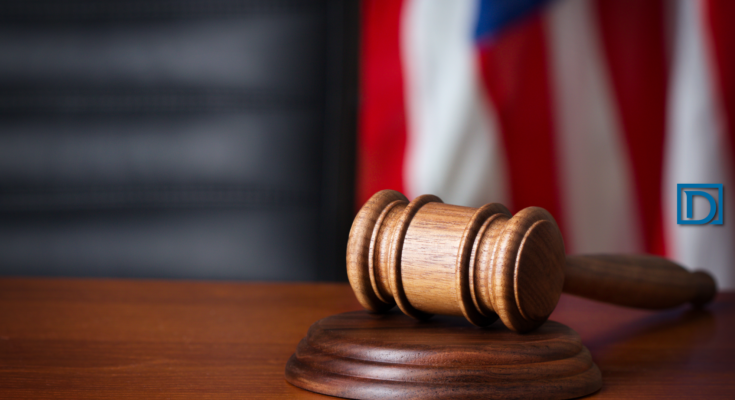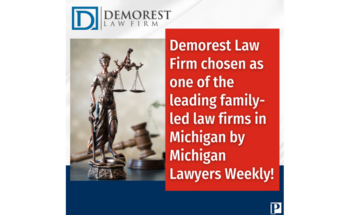In a previous post, I posed the following question: Could the False Claims Act be Used to Regulate Payroll Protection Program Recipients?
Here’s a quick rundown: the False Claims Act, 31 U.S.C. §§ 3729–33, is long-standing statute meant to go after government contractors suspected of procurement fraud. It imposes liability from those who obtain government funds via false claims and/or certifications. Due to the U.S. Small Business Administration’s role in the Program, borrowers would also face liability for misstatements in connection with their PPP applications.
Thus, as I explained in that post, they should take proper precautions, particularly in light of the scrutiny the Program has received, and the fact that any misconduct is clearly within the DoJ’s enforcement jurisdiction.
Now, Congress has authorized an additional round of PPP loans (grants). Under the new COVID-19 relief legislation, qualifying businesses must:
- Have been operating prior to February 2020;
- Have fewer than 300 employees; and
- Demonstrate a 25% reduction in gross income in any of the first three quarters of 2020 (relative to 2019).
Further, the loans can still be forgiven if 60% of the proceeds are spent on payroll costs. As with the issues identified in my prior post—in addition to representations associated with loan forgiveness—one can clearly see (again) the potential risk areas here in terms of what borrowers are certifying. This is particularly true given some of the reaction, which has been well-documented, since the Government released data regarding the initial round PPP data loans and recipients last year.
This will certainly be interesting to monitor. We will continue to do this, so stay tuned for more updates.




